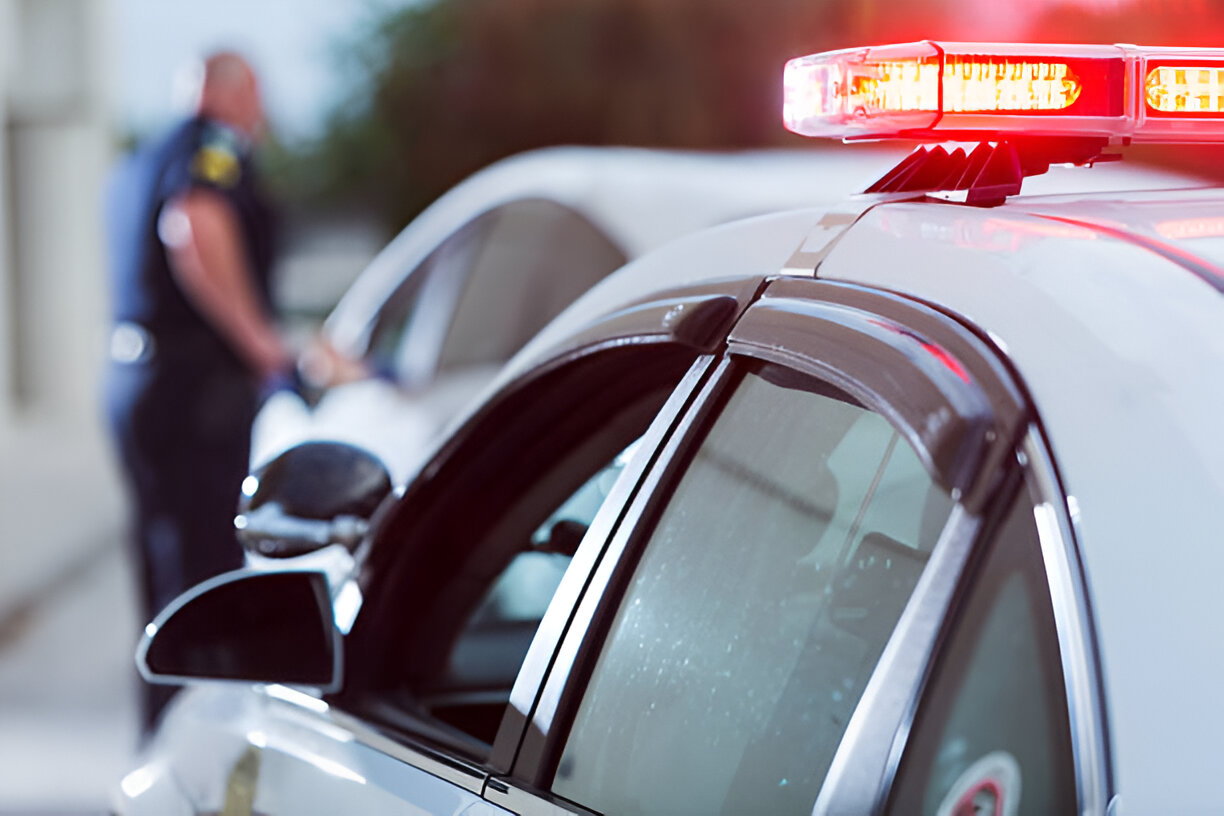A traffic stop can be a stressful experience, especially if you are unaware of the full force of rights available to you and what steps you may take in such a situation. Being aware of what to do during a traffic stop in Saskatchewan may help alleviate some of your stress and ensure that the whole ordeal goes without incident.
Reasons You Might Get Pulled Over in Saskatchewan
Police officers in Saskatchewan can initiate a traffic stop for a variety of reasons, including but not limited to:
- Highway Traffic Act Violations: Such as speeding, expired registration, or improper lane changes.
- Routine Sobriety or Insurance Checks: Police may conduct random stops to assess the sobriety of drivers or when there has been some indication of intoxication, such as erratic driving or running stop signs.
- Criminal Investigations: Police may stop vehicles if they suspect criminal activity, such as impaired driving or possession of illegal substances, firearms or stolen goods.
While the reasons for a traffic stop may be many, being familiar with the protocol for traffic stops will enable you to respond correctly and minimise your risk during the interaction.
How to Respond When You’re Pulled Over?
Pull Over Safely
- Once you see police lights signaling you to pull over, slow down, signal, and find the nearest safe spot to stop.
- Turn off your engine and, if it’s dark, turn on the interior lights to make your vehicle’s interior more visible.
Stay Calm and Remain in the Vehicle
- Avoid unnecessary movement, as this may raise suspicion. Keep your hands visible on the steering wheel.
- Passengers should stay in the vehicle unless asked to exit by the officer.
Wait for the Officer to Approach
- It’s generally recommended not to reach for documents until the officer is at your window and requests them.
What are the Rights Available to You During the Traffic Stop?
As a driver in the province of Saskatchewan, you are granted an expansive set of rights and protections by the Canadian Charter of Rights and Freedoms. Some of the more relevant provisions you should know about are:
- Being duly informed of the reason for the stop. While it is general practice for the Police to inform drivers of the reason for the traffic stop, if they do neglect to do so you can request that you be informed of the reasons without undue delay.
- Right to remain silent. You are under no obligation to provide the police with basic identifying information as well as providing your driving documents. The important thing is to be polite and cooperative without providing any self-incriminating statements.
- Right to Privacy and protection from unlawful searches. Police cannot search your vehicle without your consent or reasonable grounds to believe there is evidence of a crime. If the officer asks to search your vehicle, you have the right to ask for the reason and consult a lawyer before consenting.
- Right to legal counsel. If during the course of the stop you are detained or arrested, you reserve the right to speak to a lawyer of your choice, and to be able to talk to them without undue delay.
- Right to record. You are legally permitted to record your interaction given that you do not interfere with the Police officer’s duties.
What to Expect if You Are Issued a Ticket?
If you receive a ticket, it typically includes two parts:
- The Offense Notice: This outlines the violation.
- Response Options: You have a number of days to respond to a ticket by either paying the fine, requesting a reduced fine, or contesting it in court.
Failure to respond within the required time period can result in an automatic conviction, and unpaid fines may lead to a suspended license after 90 days.
What to Do If You’re Issued a Warning?
A warning will state “Warning” at the top and usually doesn’t require further action on your part. However, the warning will be kept on file and may influence future interactions with law enforcement if a similar offence is committed.
Important Tips for a Positive Interaction with Police
Here are some best practices to help ensure a respectful and stress-free interaction:
- Stay Calm and Respectful: Politeness can go a long way. Answer questions clearly and avoid arguing with the officer.
- Comply with Requests: If an officer asks you to step out of the vehicle or provide a breath sample, comply to avoid further complications. Refusing a roadside test can carry penalties equivalent to a DUI conviction.
- Seek Legal Advice if Charged: If the stop results in charges, exercise your right to legal counsel before making any statements.
If you are being DETAINED or INVESTIGATED for a CRIMINAL OFFENCE — YOU ARE ENTITLED TO SPEAK TO A LAWYER.
SAY NOTHING. REQUEST A LAWYER. PHONE LINH PHAM FOR A FREE CONSULTATION – 306-502-5987.

